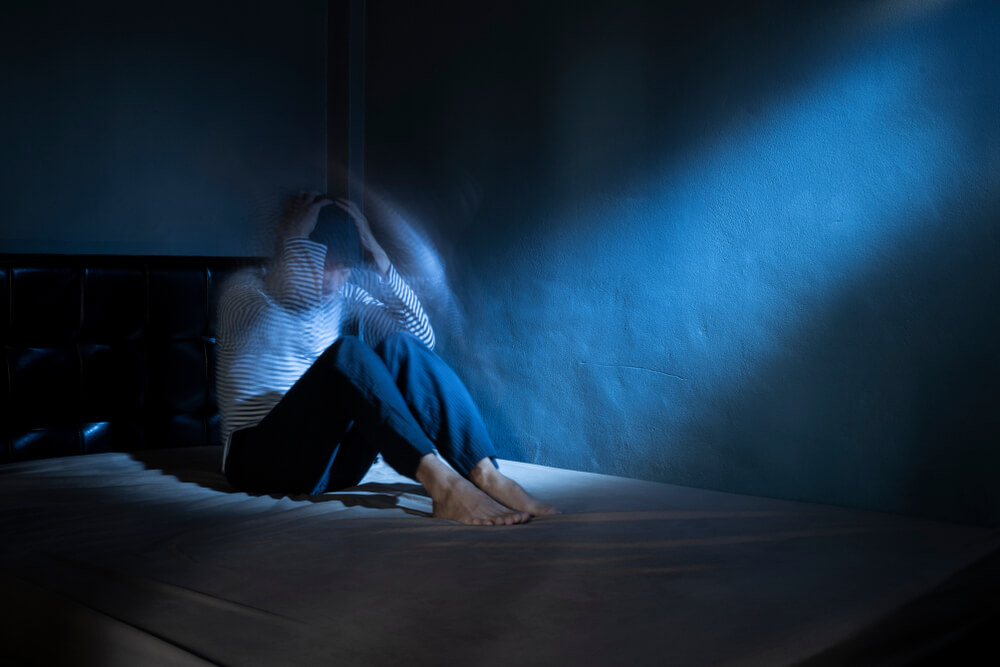Dysthymia or persistent depressive disorder is a chronic type of depression. Your attentiveness may lessen with daily stresses and you may feel miserable, need efficiency, and have low confidence and have a general sensation of deficiency. If these emotions keep going for quite a long time, they may altogether meddle with your relationships, school, work and daily activities.
While dysthymia is not as severe as major depression, the present depressed mood can be mild, moderate, or severe.
Due to the chronic existence of dysthymia, dealing with symptoms of depression can be difficult, but a mixture of psychotherapy or talk therapy and treatment can be successful in treating this disease.


